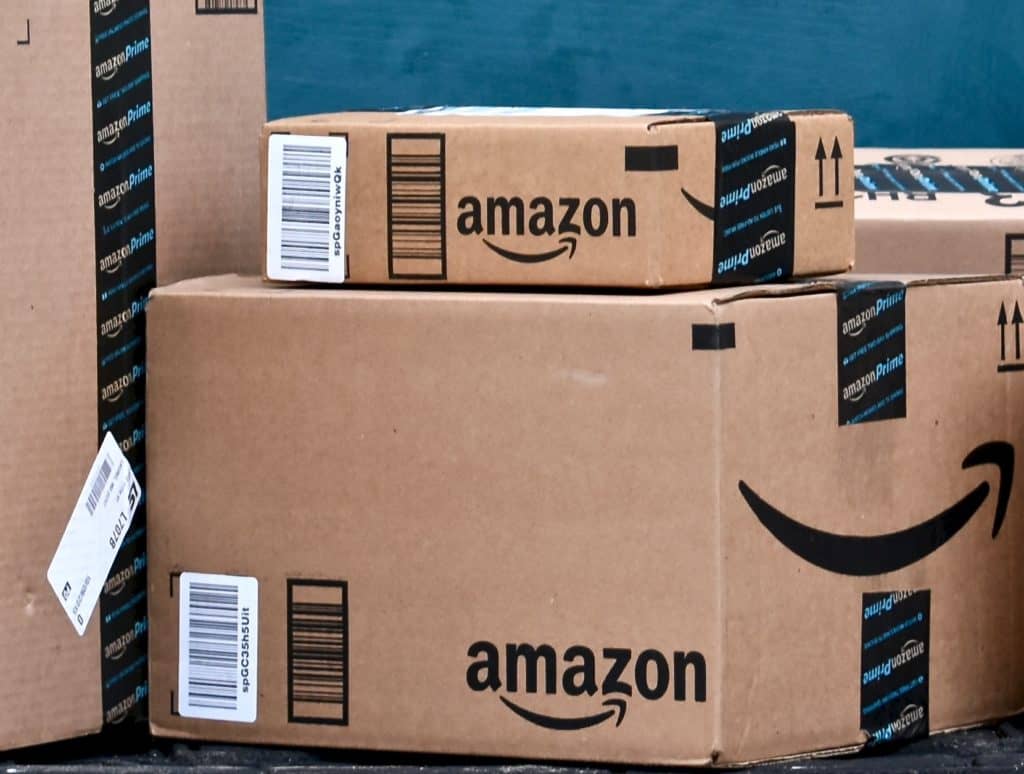Amazon’s plan for international expansion in India hit a short-term snafu. The Indian government recently passed new e-commerce rules to aid local retailers from the potential effects of Amazon’s deep pockets. Cited as an important emerging growth market, Amazon has committed to invest over $5.5 billion in India and expand into a region perceived to have enormous market potential. Even under tightening new restrictions, the online retail giant is likely to readjust its course and forge ahead with its plans for market expansion.
GOVERNMENT REACTS TO DOMESTIC SELLERS
Even though India is the second most populous country in the world, its retail environment remains dominated by small shops. Only about 10 percent of sales are being captured by large chains. And with the threat of Amazon’s aggressive business model, domestic sellers have voiced their concerns in an attempt to counteract Amazon’s anti-competitive practices—and the government listened. For a country of small retailers, the restrictions now placed on e-commerce sales have halted Amazon’s growth potential for the time being.

WHAT ARE THE RESTRICTIONS?
With the new restrictions in effect since February 1, Amazon will likely alter their business model in the months ahead. After a request for an extension was denied, it’s reported they have already pulled more than 400,000 products from their online marketplace due to noncompliance.
- No products can be sold where Amazon has an equity state or business interest
- No offers of exclusive arrangements with sellers
- No deep discounting
AMAZON’S SHARES DECLINE
Expert analysts have estimated Amazon’s growth could be cut in half this year. Additionally, a tight labor market, rising worldwide shipping costs, and other struggling investments continue to hinder the retail giant—and shareholders have noticed.
CONSUMERS LOSE OUT
These new regulations are a win for local retailers in India, but Indian online shoppers aren’t as lucky. Online consumers will have fewer choices, higher retail prices, and longer delivery times. Some local businesses might become more active in the e-commerce space, but the breadth of product selections will gravely be reduced.

As Amazon readjusts its long term strategy for India, it will likely reposition itself in the global marketplace and make necessary inroads in India. With a $5.5 billion initial investment, plus talks of spending a few billion more, Amazon is likely in it for the long haul.